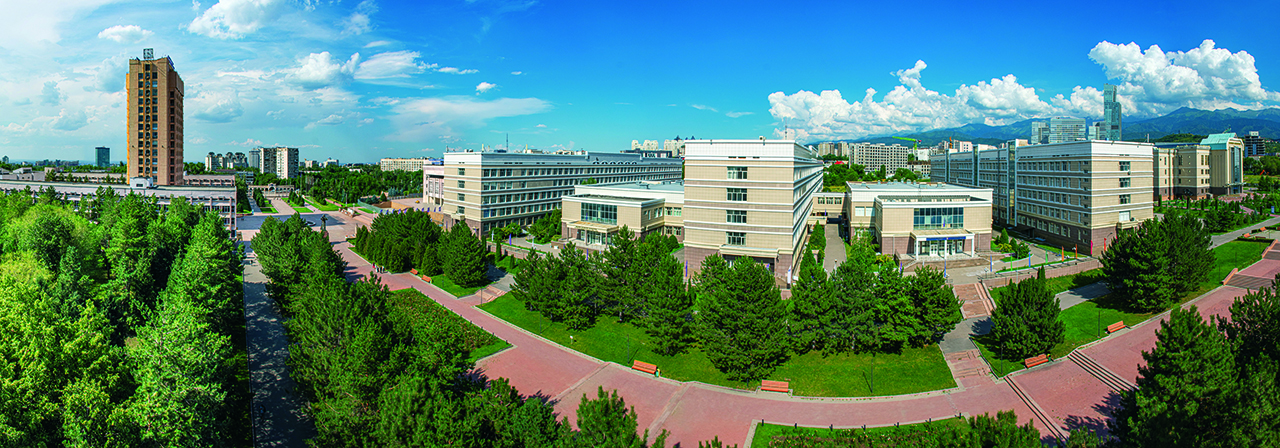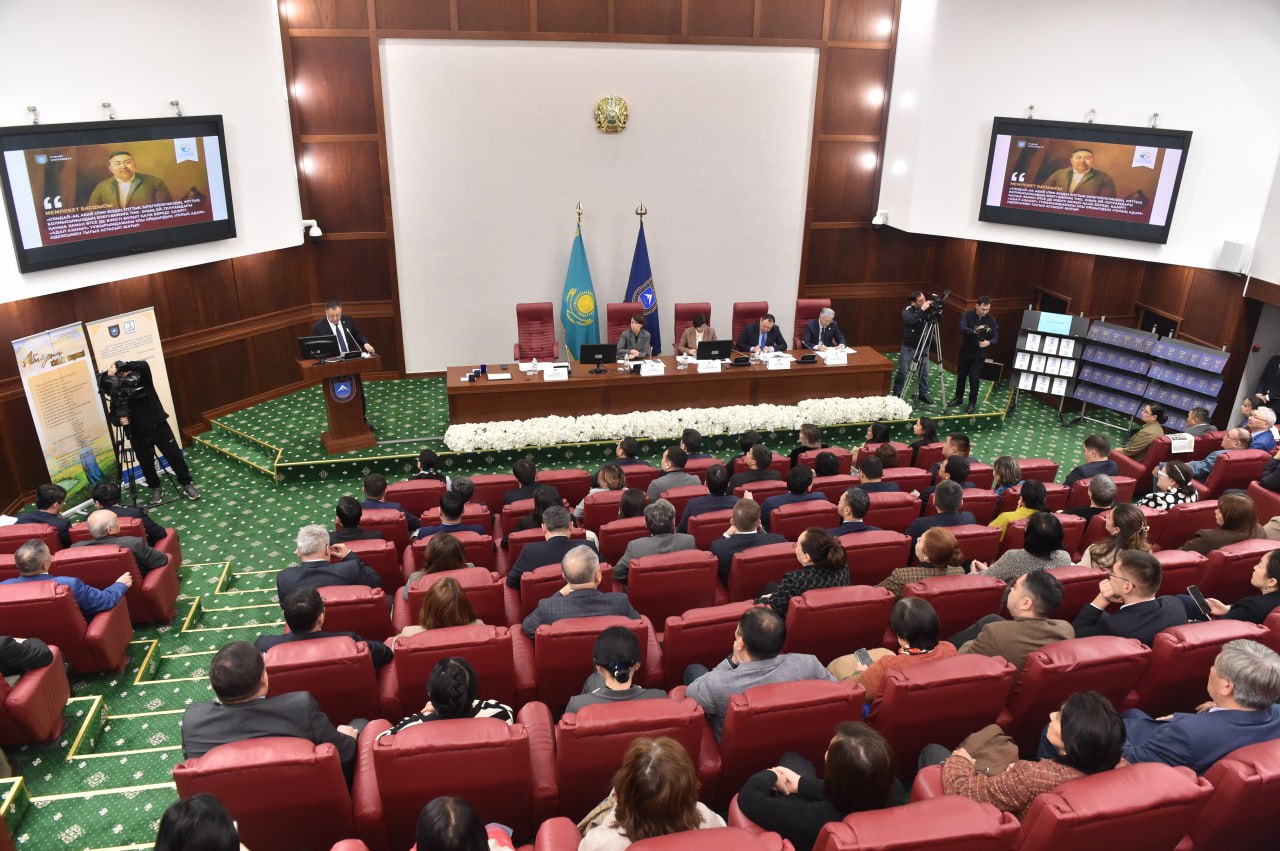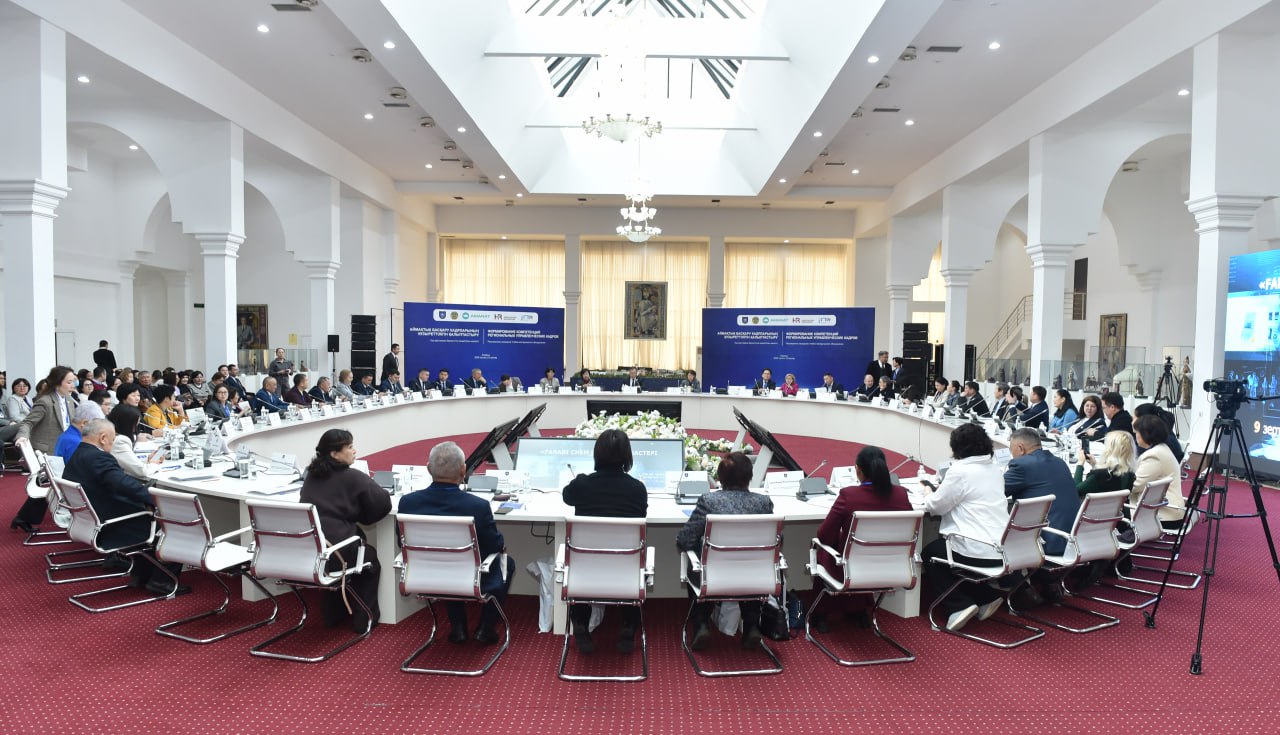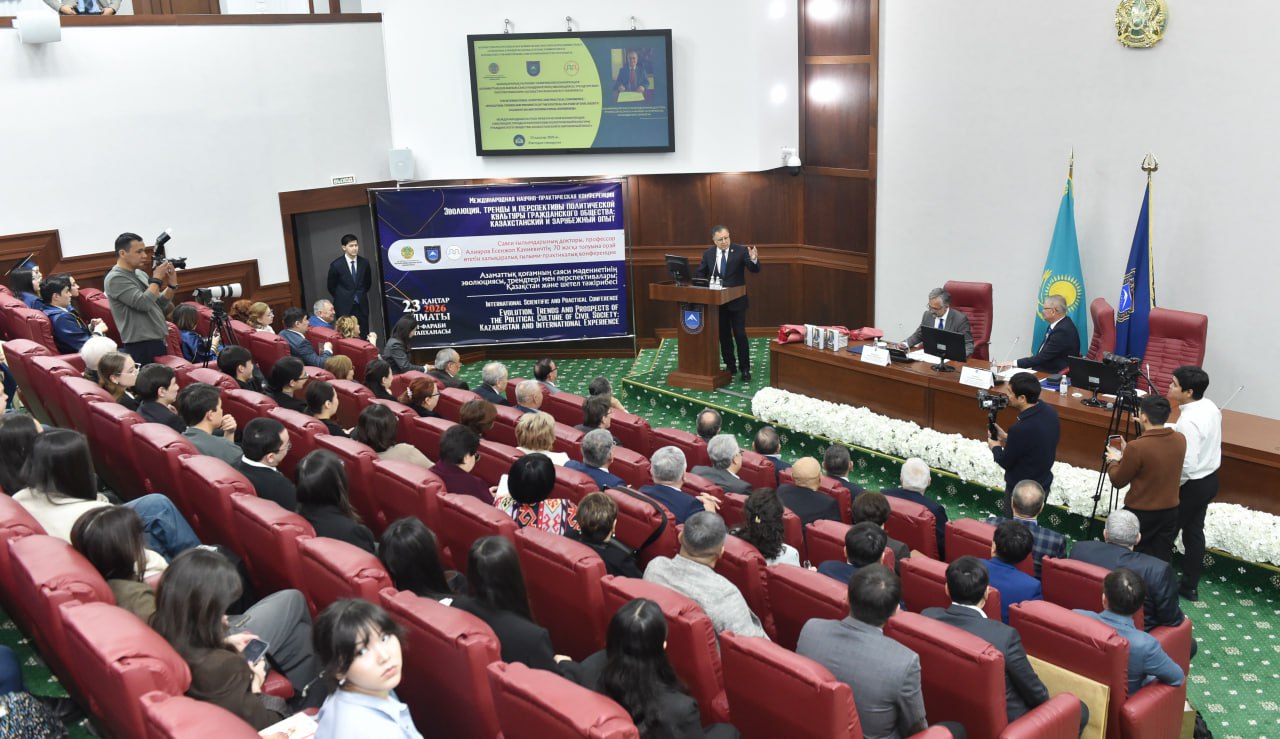- Main
- News
- Al-Farabi Kazakh National University as a Hub for Promoting the 17 Sustainable Development Goals
Al-Farabi Kazakh National University as a Hub for Promoting the 17 Sustainable Development Goals

In 2015, the United Nations General Assembly adopted 17 Sustainable Development Goals (SDGs) as a blueprint for achieving a better and more sustainable future for all. These goals are holistic in nature, covering three essential dimensions of human life: economic, social, and environmental development. Thanks to their broad scope, the SDGs have gained immense popularity both internationally and intergovernmentally, and among university student community.
We are proud that Al-Farabi Kazakh National University (Al-Farabi KazNU) is a leader in promoting green initiatives. Al-Farabi KazNU became the first university in the country and the region to join the United Nations Academic Impact (UNAI) program. It actively participated in international consultations on the action program for the UN RIO+20 global forum, where it was one of the initiators of a separate panel on education for sustainable development with the participation of universities from Asia, Europe, and Latin America. Al-Farabi KazNU was one of the first to sign the RIO+20 Declaration of Universities on the Promotion of Sustainable Development and successfully hosted the Third Forum of Asian Universities “Eurasian Diversity and the Role of Universities in Sustainable Development” as part of the Seventh Astana Economic Forum.
A vivid example of the implementation of the Sustainable Development Goals is the educational events organized by students and teaching staff at Al-Farabi Kazakh National University. Philological faculty lecturers have developed a program including organization of conferences, round table discussions, social campaigns and other events within the framework of Sustainable Development Goals. Many of these events involve collaboration with scientists and students from other countries and universities and they are conducted both offline and online. For instance, in September 2025 the teaching staff of the Faculty of Philology hosted a few events within the framework of SDG 5: Quality Education, SDG 6: Clean water and sanitation and SDG 2: Zero Hunger. Some of these events were held as charity campaigns, conferences, round table discussions, clean-up days. During these events the lecturers of the Faculty of Philology who were the main organizers explained the students the significance of this international program aimed at solving urgent problems in the important spheres of human’s life.
All the educational activities held within SDG were focused on instilling environmental consciousness, responsible attitude to studies, patriotism, humanism and moral values in the students whose main function will be make our country prosperous and economically -developed. As an example of SDG educational events сan serve the regular charity fairs organized by the bachelor’s degree students of the Faculty of Philology aimed at raising funds for low-incomed families and the victims of natural disasters. Another example can be clean-up days organized by Al-Farabi KazNU administration to maintain the university campus clean. For instance, on September 20, 2025 all the lecturers and the students took part in the university -wide clean-up day. The students were the most active participants of this event. They removed all garbage from the territory of the campus having turned into a beautiful place with a picturesque view.
The teaching staff in the Department of Foreign Languages have decided to integrate the SDGs into the foreign languages study program, using them as both teaching material and a means of developing language skills. This will provide students with a deeper understanding of global issues and challenges. The integration of materials on SDGs into the educational process can be achieved through making presentations, implementing project works, roundtable discussions, as these are the active forms of learning that allows students to deepen their knowledge, fill gaps in their information, and develop discussion skills, which contributes to a more complete understanding of the material and simultaneously improving their foreign language skills.
Djamilya Makhmetova,
Botagoz Bekmasheva,
Department of Foreign
Languages


